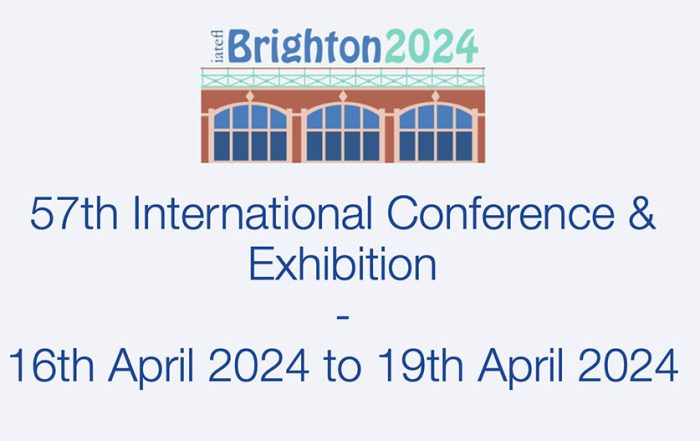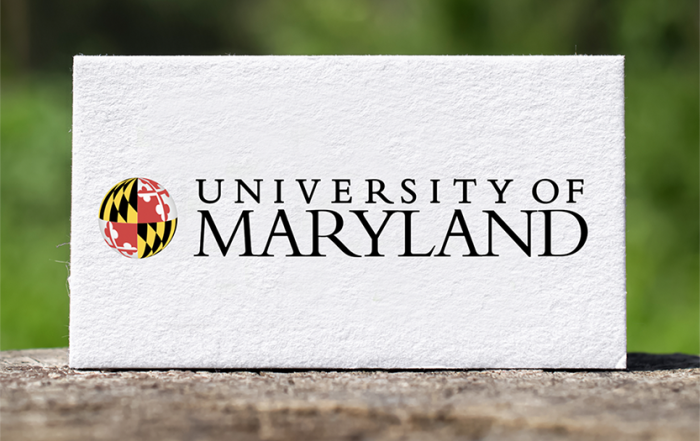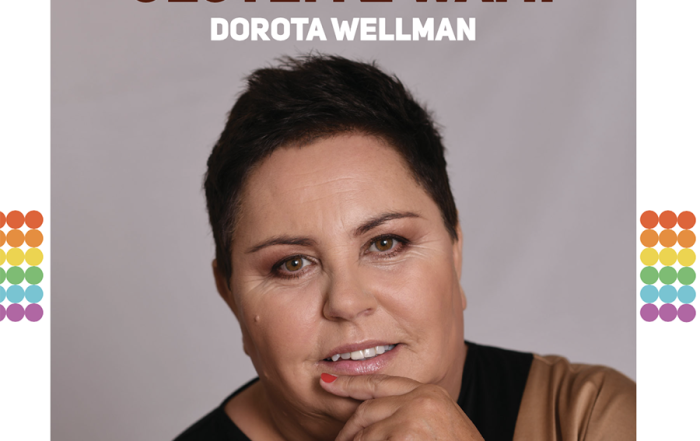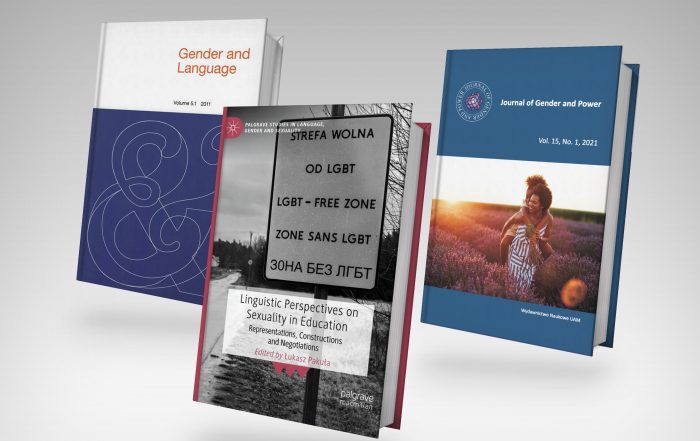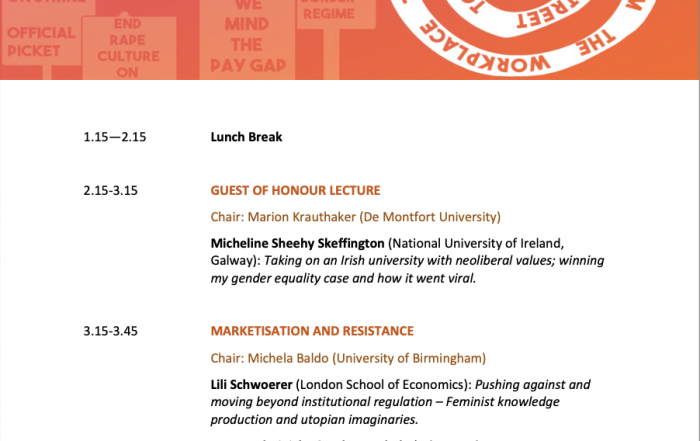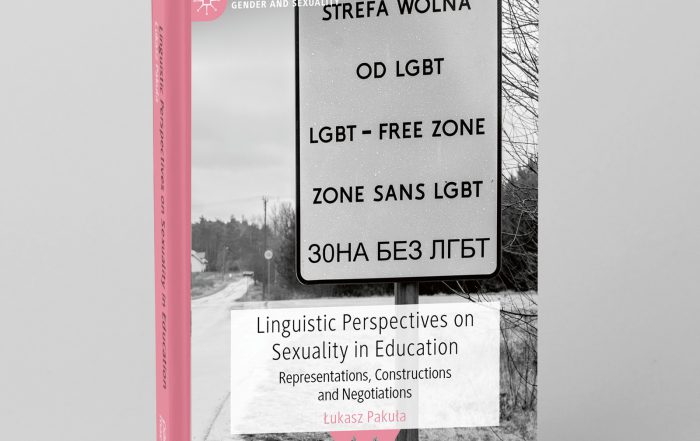Sharing Insights in Replika Magazine: A Dialogue on Language and Identity
I recently had the honor to engage in a conversation with Joanna Chojnicka, brilliantly orchestrated by Jakub Wojtaszczyk from the Replika magazine. Our discussion revolved around the intersections of language, identity, and the impactful role they play within the LGBTQ+ community, especially in educational settings. We explored the dynamics of language in shaping identities and the systemic challenges faced by LGBTQ+ individuals in Poland, reflecting on our own research and experiences.
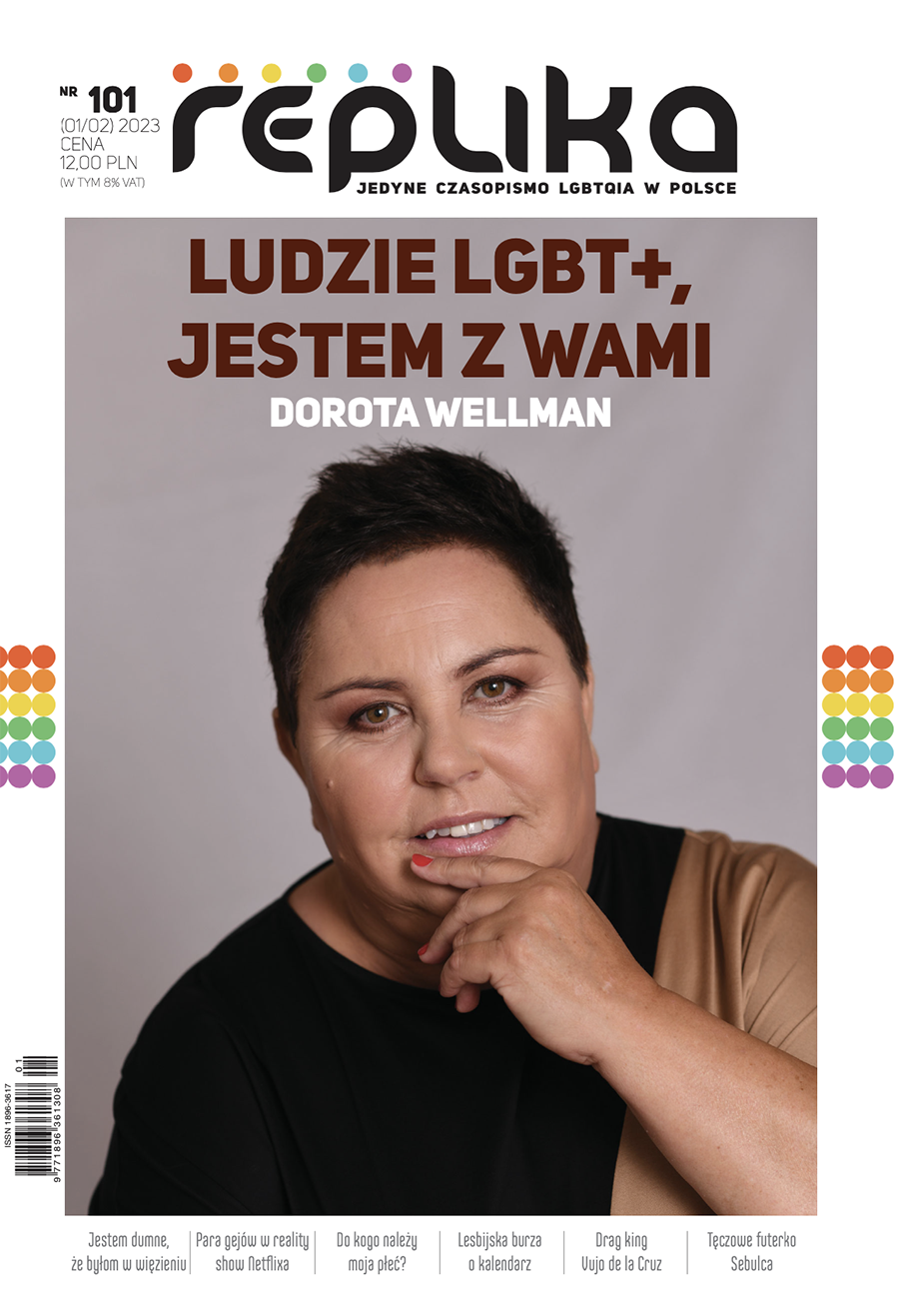
The unique venue
Replika is Poland’s unique LGBTQIA magazine, actively covering the current socio-political situation of LGBTQIA individuals both in Poland and internationally. It supports the fight for marriage equality in Poland, shares stories of Polish LGBTQIA individuals, and introduces queer culture icons. Additionally, the magazine includes reviews of new books, movies, and theater productions, contributing to the broader discourse on LGBTQIA rights and representation. For more information, visit Replika Online.
The interview
In this interview, we cast a critical look at the profound impact of language and societal norms on shaping identities and experiences. The discussion begins with the personal motivations driving our research, stemming from our own educational experiences and observations of heteronormativity and discrimination. Our studies reveal a stark heteronormative and nationalistic atmosphere in Polish schools, where LGBT+ students and educators often feel compelled to conceal their identities to fit into the expected societal molds.
Key findings from our research highlight the pervasive heteronormativity in educational materials and practices, which marginalises LGBT+ individuals and reinforces a singular, traditional view of gender and sexuality. This environment not only stifles the expression of diverse identities but also perpetuates stigma and discrimination. Together with Joanna, I emphasize the role of language in both reflecting and shaping these realities, pointing out the significance of adopting inclusive language to foster a more accepting and understanding educational atmosphere.
The challenges faced by LGBT+ individuals in schools include navigating an environment often hostile to their identities, where expressing oneself can have professional and personal repercussions. In light of and despite these challenges, we offer recommendations for change, advocating for the importance of inclusive education policies, teacher training, and curriculum development to support LGBT+ students and educators.
We’d like to believe that our work underscores the necessity of embracing diversity and inclusivity within educational settings. Although it’s easier said than done, we eagerly encourage educators, policymakers, and society at large to reflect on the impact of language and societal norms on LGBT+ identities and to strive for a more inclusive and understanding educational system.
If you’d like to read the entire interview, click here (Polish only).
Keep up with my ongoing work and thoughts at https://lukaszpakula.com, where I continue to explore the power of language in our lives and society.
Related posts
Speaking at the 57th IATEFL Conference in Brighton!
Speaking at the 57th IATEFL Conference in Brighton! I am thrilled to share that my talk proposal has been accepted for the upcoming 57th International Association of Teachers of English as a Foreign [...]
Joining University of Maryland Global Campus as Adjunct Assistant Professor!
Joining University of Maryland Global Campus as Adjunct Assistant Professor! I’m excited to share some big news with you all: I’ve officially joined the University of Maryland Global Campus (UMGC) as an Adjunct [...]
Sharing Insights in Replika Magazine: A Dialogue on Language and Identity
Sharing Insights in Replika Magazine: A Dialogue on Language and Identity I recently had the honor to engage in a conversation with Joanna Chojnicka, brilliantly orchestrated by Jakub Wojtaszczyk from the Replika magazine. [...]
Reviews of “Linguistic Perspectives on Sexuality in Education: Representations, Constructions and Negotiations”
First reviews of Linguistic Perspectives on Sexuality in Education I vividly remember one of the first workshops on publishing in prestigious academic venues I attended. It was conferred during the Lavender Languages and [...]
Gender and Sexuality in the Neoliberal University Conference
Gender and Sexuality in the Neoliberal University Conference This year has been different for all of us. Most academic conferences moved online and fared pretty well there. Although, I must admit that self-identifying as [...]
This journey is over… or is it just the beginning?
This journey is over... or is it just the beginning? And it’s out! A collective effort to introduce a wholistic linguistic perspective to the study of sexuality in educational contexts Linguistic Perspectives on [...]

